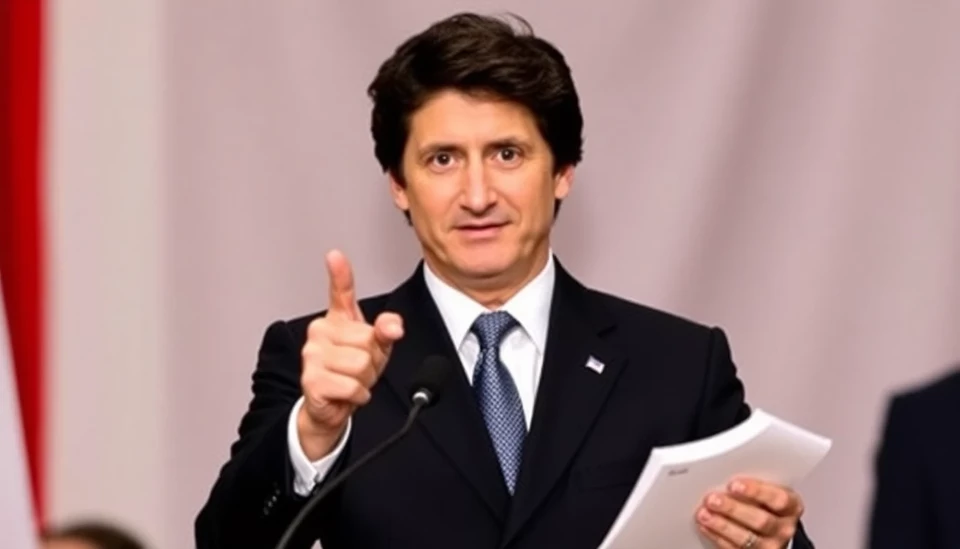
Canadian Prime Minister Justin Trudeau's immigration strategy has sparked considerable debate and scrutiny, particularly as it relies heavily on a significant number of people leaving the country. This unconventional approach, which seems counterintuitive in a time when many nations are trying to bolster their workforces, draws attention to a complex web of demographics, economic necessity, and political calculus.
The Trudeau administration is set to unveil a new immigration plan aimed at dramatically increasing the number of immigrants entering Canada. However, this bold approach hinges significantly on the premise that millions of citizens will choose to depart. With approximately 8% of the Canadian population reportedly eyeing emigration, the government's success in attracting newcomers is, in part, predicated on the exodus of existing residents.
At the heart of this initiative lies a recognition of the country's aging population and the low birth rate. As Canada faces a demographic crunch, policymakers are increasingly convinced that an influx of immigrants is essential to sustain economic growth, fund public services, and stabilize the workforce. Yet, the reliance on emigration raises critical questions about the social fabric and cohesion of Canadian society.
Critics have voiced their concerns regarding the implications that such a plan might have on the quality of life in Canada. Many fear that it could exacerbate issues such as housing shortages, strain infrastructure, and lead to social unrest if not managed prudently. Furthermore, the prospect of a mass exodus raises ethical questions about the government's responsibility to its citizens and the potential impact on communities across the nation.
As Trudeau prepares to present this controversial plan, it remains unclear how the government will balance the need for newcomers with the challenges posed by those potentially leaving. The administration emphasizes the importance of creating a welcoming environment for immigrants to maintain Canada's reputation as a global leader in immigration policy.
This ambitious blueprint may indeed attract countless skilled workers and their families seeking opportunity in Canada. Nevertheless, its success will ultimately depend on striking a delicate balance between encouraging immigration and ensuring that the existing population feels secure and valued in their homeland.
Political analysts indicate that the upcoming discourse surrounding this immigration policy could become one of the most contentious topics leading into the next election cycle. The discussions may not just shape Canada's immigration landscape, but also redefine what it means to be Canadian in an increasingly globalized world.
As indeed the global economy continues to evolve, the discussions and implications surrounding Trudeau's immigration plan will be pivotal in shaping the future demographic landscape of Canada. Only time will tell how this strategy will unfold and how it will affect both new arrivals and the existing populace.
In summary, while the aspiration to increase immigration remains a cornerstone of Trudeau’s administration, it is imperative that the government addresses the complexities of such a plan with sensitivity and foresight. Balancing the need for new immigrants against the reality of potential emigration could prove to be one of the most defining challenges of this era.
#TrudeauImmigration #Canada #EmigrationPlan #DemographicShift #ImmigrationDebate #PoliticalChallenges #CanadaImmigration
Author: Daniel Foster




